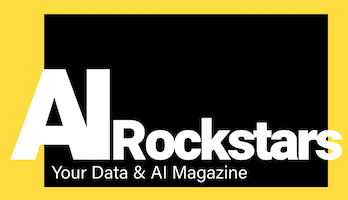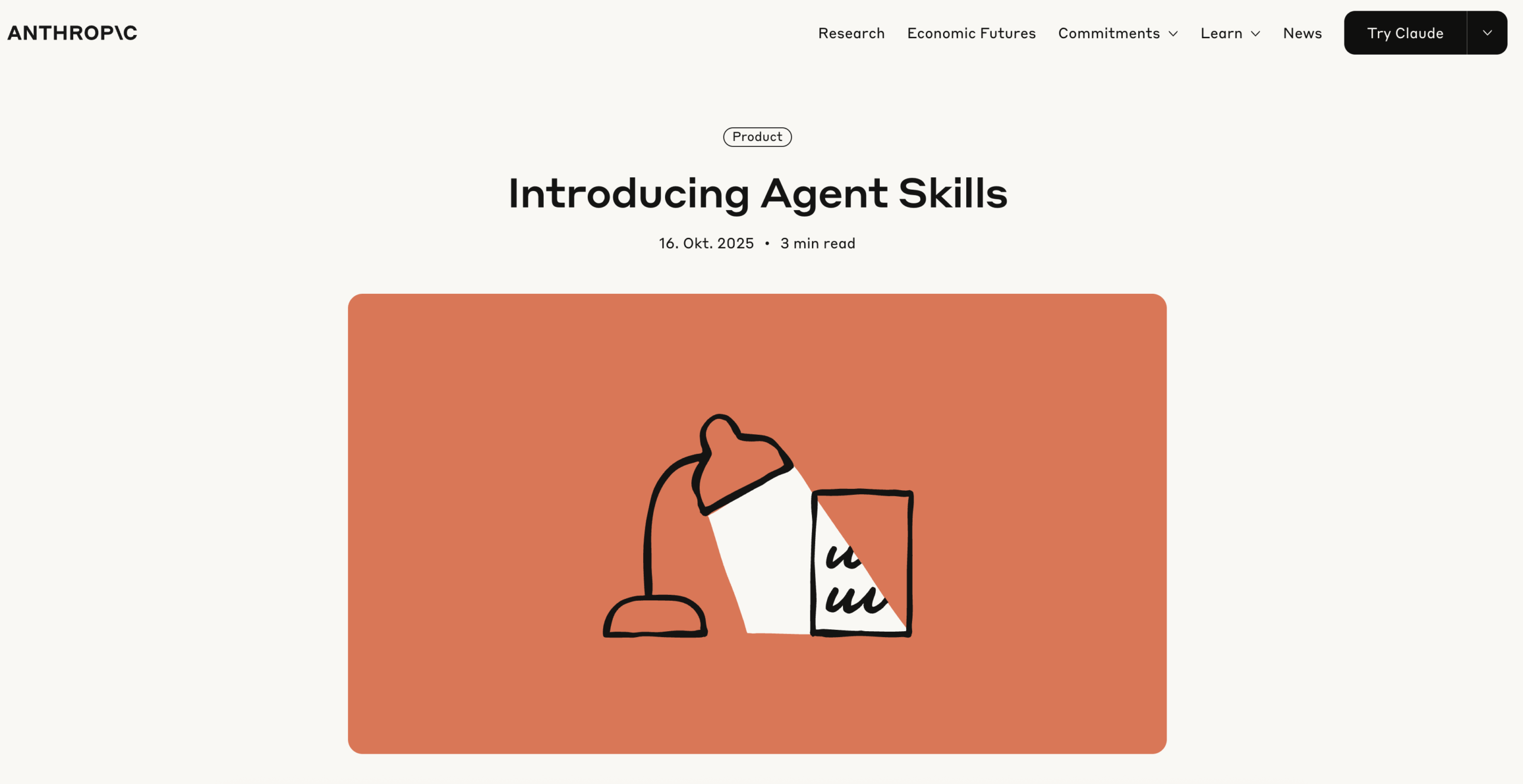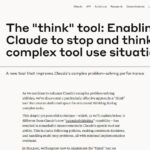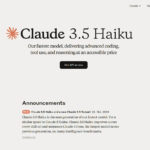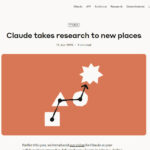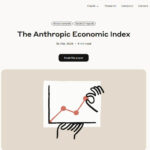Claude Skills are transforming the way companies use artificial intelligence – through modular, reusable components that automate complex workflows.
Anthropic has introduced a new dimension of AI usage with Agent Skills, enabling developers to equip Claude with specialized capabilities. These skills function as self-contained packages of instructions, scripts and resources that Claude loads and intelligently applies as needed. Unlike conventional monolithic approaches, Anthropic relies on a modular architecture that allows different skills to be combined seamlessly.
The technical implementation is based on a sophisticated scheme: each skill requires a name (maximum 64 characters) and a description (up to 1024 characters), which helps Claude to recognize when which skill should be used. Progressive Disclosure ensures that Claude initially only receives the metadata of the available skills and only loads the full instructions when required. This procedure conserves the computing capacity of the model and still allows access to highly specialized knowledge.
Cross-platform availability ensures that once skills have been developed, they can be used in Claude.ai as well as via the Claude API and in Claude Code. Companies can share skills via version control systems or manage them programmatically via the /v1/skills API endpoint.
Practical applications show measurable success
Initial implementations in various sectors are already demonstrating concrete business benefits. In the financial sector, one company reports a five-fold acceleration in verification processes while improving data accuracy from 75% to over 90%. AIG, a leading insurance group, has reduced the processing time for underwriting reviews by more than five times, while NBIM, Norway’s sovereign wealth fund, has seen productivity gains of around 20% – the equivalent of 213,000 man-hours.
Box has developed a Skill that teaches Claude to work with Box content and automatically convert saved files into PowerPoint presentations, Excel spreadsheets and Word documents. Notion uses Skills to reduce the complexity of prompts and achieve more predictable results. These partnerships demonstrate how Skills can enhance existing business ecosystems and optimize workflows.
Read also: Claude Sonnet 4.6: The massive coding & agent update
Security architecture and governance framework
Security considerations are central to skills development, as these skills can grant Claude access to sensitive systems and data. Anthropic strongly recommends only using skills from trusted sources – either internally developed or provided by Anthropic. Malicious skills could lead Claude to use tools in unintended ways or transfer data to external systems.
Best practices for enterprise deployments include implementing allowlists for commands and directories, separating build and deploy agents, and explicit confirmation for sensitive actions. Observability and monitoring through complete tool call logs and integration into SIEM systems enable companies to identify unusual execution sequences.
Governance frameworks treat skills as software components subject to rigorous supply chain security practices. Red team testing, tabletop exercises and policy compliance frameworks ensure that skills meet the security requirements of organizations.
Recommended: Claude Opus 4.6: The Agentic Coding Revolution
Market positioning and competitive differentiation
Technological categorization shows that skills operate at a higher level of abstraction than competing approaches. While OpenAI’s Function Calling enables simple API calls and the Model Context Protocol (MCP) provides standardized tool access, Claude Skills address the issue of complex workflows and domain expertise. These three technologies complement each other: Function Calling for simple tool use, MCP for scalable tool access and Skills for the packaging of specialist knowledge.
Developer-centric approach differentiates Claude Skills from OpenAI’s GPTs, which provide visually-oriented user interfaces for non-technical users. Skills require explicit schema definitions and clear separation between model reasoning and external actions, enabling better auditability and governance.
Summary of key developments:
- Modular architecture: Skills as reusable packages of instructions, scripts and resources
- Progressive disclosure: Intelligent loading strategy conserves computing capacity while maximizing functionality
- Cross-platform: Availability in Claude.ai, Claude Code and via the Claude API
- Measurable success: Up to five times faster business processes in initial implementations
- Enterprise integration: Partnerships with Box, Notion and other platforms for seamless workflows
- Security focus: Comprehensive governance frameworks and best practices for enterprise deployment
- Market differentiation: Higher level of abstraction than function calling and MCP through focus on domain expertise
- Growth potential: AI agent market is expected to grow from USD 5.4 billion (2024) to USD 50.3 billion (2030)
Source: Anthropic
